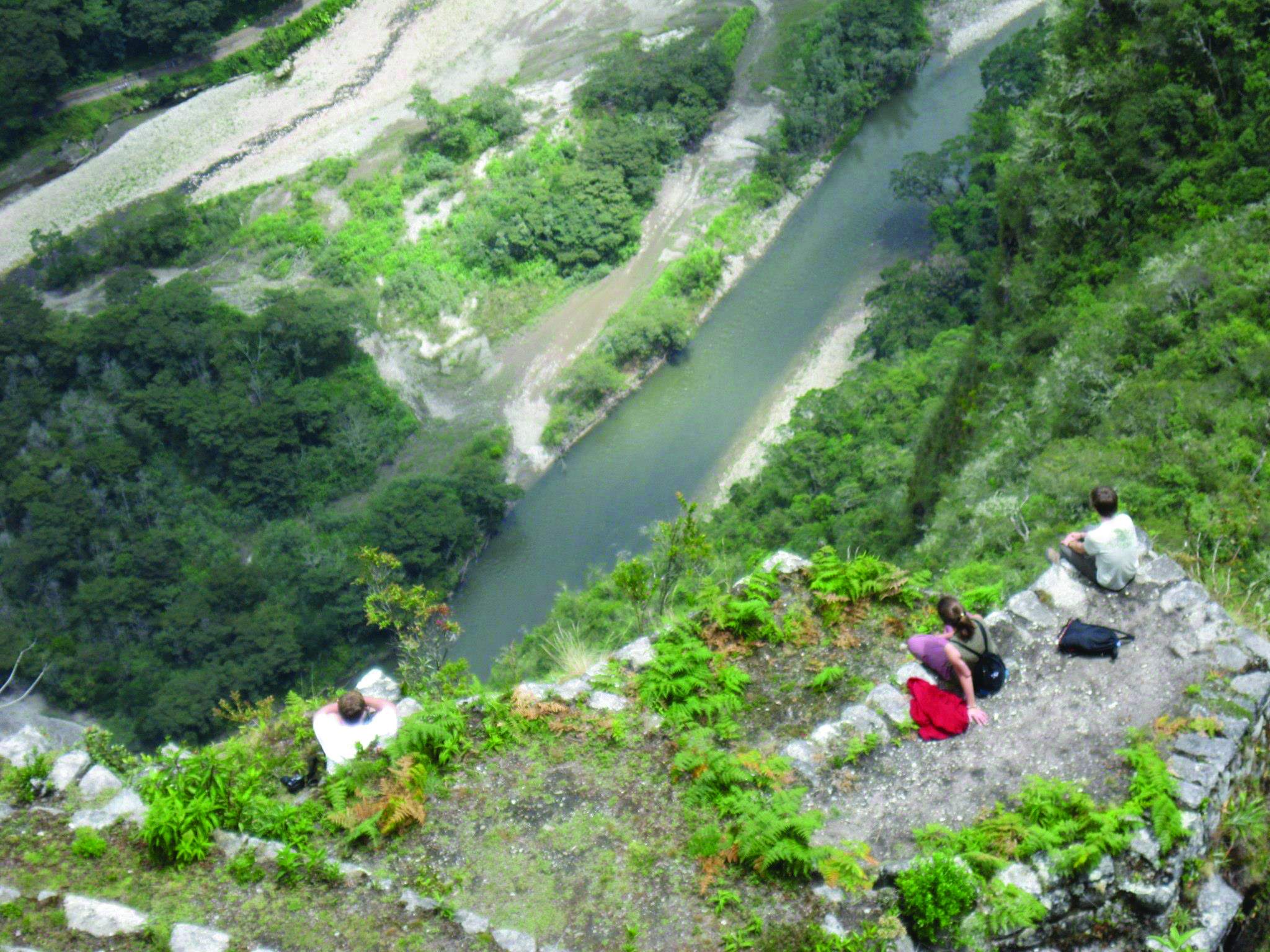
BY ARIEL KATZ
On May 2012, McKenna Keyes went on strike. At the Universidad de Sevilla, where Keyes spent her sophomore spring, students were walking out of their classrooms to protest the rising cost of tuition. Meanwhile, in New Haven, Yalies wrote final papers and stressed about their exams.
As a student studying abroad, Keyes welcomed the month away from class and used the time to travel around Spain. “I was not going abroad to just take classes. Every single moment is a cultural experience, and you’re learning something all the time: About yourself, about the host culture. You’re opting for a different type of education when you go abroad.” Keyes said.
One hundred and eleven students went abroad during the 2011-2012 academic year, according to Susan Evans, associate director of study abroad at Yale’s Center for International and Professional Experience (CIPE). This number is relatively low, compared to the number of students that go abroad at Yale’s peer institutions. At Duke, around 600 students, in a school of 6500, go abroad each year, according to Margaret Riley, director of the Global Education Office for Undergraduates at Duke. “With nearly a third of a graduating class choosing to study abroad, obviously [study abroad] has evolved to become an accepted, if not expected, rite of passage for a Duke student.”
At Yale, however, spending a semester in another nation can invite stigma. Keyes says there’s an assumption that people leave because they dislike Yale, though in her case, nothing could be further from the truth. As a peer advisor, Keyes tries to remind students that “people who love Yale can still go abroad.”
Here, we often become caught up in groups: Suites, a cappella, cultural houses, publications. Going abroad for a semester forces students to let go of that, to find independence and a new perspective. Helen Morris, who spent a semester abroad in Peru, described days when she would wander Lima’s streets, trying to find the best way to get from place to place. Caroline Barnes, who spent a semester in Scotland, discovered her interest in Scottish literature, which ended up being the topic of her senior thesis. Kyle Hutzler, who studied last semester in Shanghai, described how happy a Chinese tutor of his was when he shared his Yale VPN with her, allowing her to connect to websites blocked in China. Keyes applies the Spanish saying “no pasa nada” (no worries) to her life at Yale, and as a result finds herself better able to deal with stress. Being abroad, these students agree, allows much needed time to figure out certain things about oneself and Yale. Hutzler described his experience abroad as “being no less intellectually occupied or engaged, but less frenetic, in a way.”

It’s a strange contradiction: Yalies are well-informed and curious about the outside world, yet unwilling to step out of the Yale bubble for an extended period of time. This means that study abroad culture at Yale has come to place a lot of emphasis on summer work.
But half a summer isn’t the same as a semester. After her junior year, Morris spent five weeks in Argentina with Yale Summer Session. “If I’d just done a summer abroad, I might think a summer was sufficient. But with a semester abroad, you realize where you are four or five weeks into the semester and how much more you still have to figure out at that point.”
Evans agreed that there is value to both forms of study-abroad, but that students should recognize differences in structure. During a semester, students integrate more fully into local communities, giving them more time to work on language skills and receive a cultural education. Keyes, who spent five weeks in Croatia over the summer, described that experience as closer to tourism. While Yale classes and summer programs expose students to different cultures, they often lack the struggle and consequent personal evolution that comes with living for an extended period in a foreign country. Yale tries to bring the world to students, but that is not the same as bringing students into the world.
“The ability to learn about other places and see that there is a bigger world—you definitely get that here,” Morris said. “There are professors and other students from all over the world and you are taking classes in which you can learn about cultural things But a personal global education? I think that’s very much about the experience of living through a different education system, seeing how they do it differently, seeing what their policies are, engaging with students in that university.”
Nothing will ever make Yale harder to leave, but students should take comfort in the fact that it will still be here when they get back. Sometimes, when Hutzler talks to friends about going abroad, he asks them about their semester first. Their descriptions are almost painfully short, he said. “They’re saying ‘well, I didn’t really do much this semester.’ It was reaffirming of the decision to study abroad.”
Ariel Katz ‘15 is in Morse College. Contact her at ariel.katz@yale.edu.